
Investigators from the Karolinska Institutet and St. Erik Eye Hospital, Stockholm, Sweden, reported that they have developed a prognostic test, referred to as serUM, that they believe is a strong predictor of metastasis of uveal melanoma.

In a paper, investigators identified strategies used by patients to reduce the cost of therapy and its impact on adherence to treatment. Patients may be reluctant to disclose challenges regarding adherence to dry eye disease therapy, as well as fears of worsening quality of life.
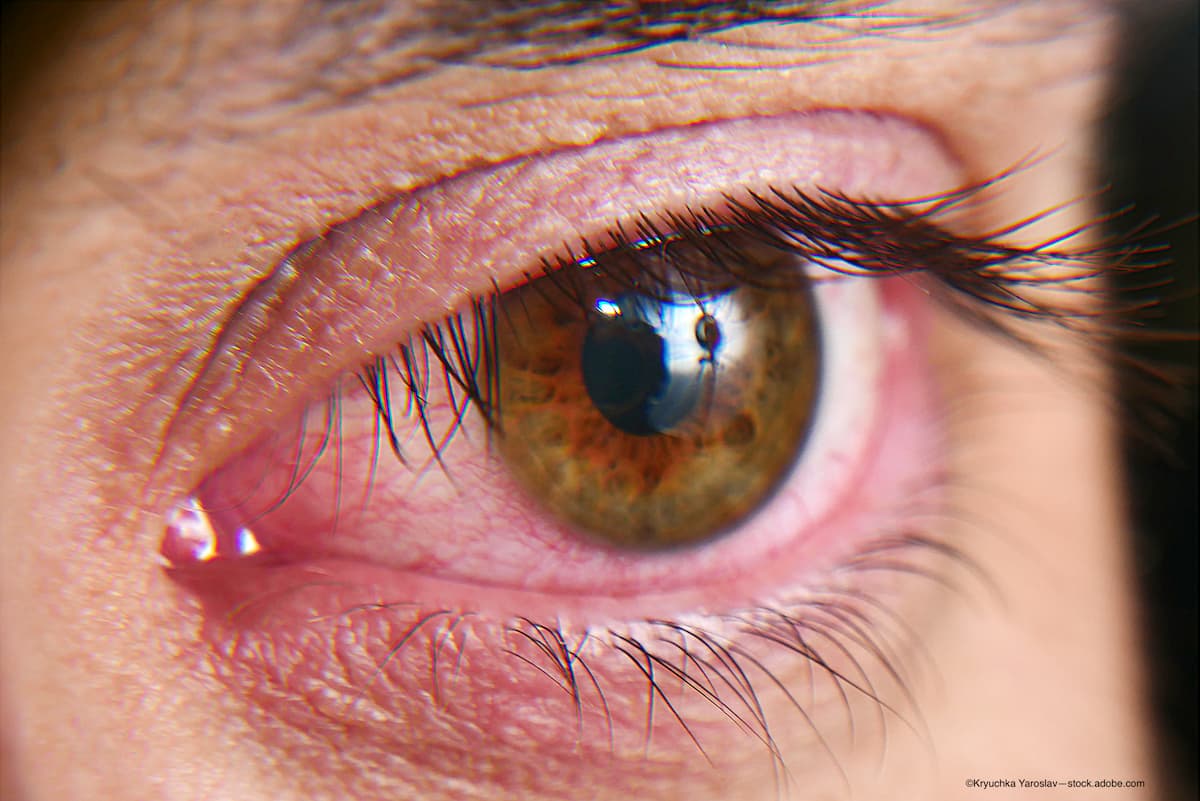
Strategic alliance combines resources to develop treatment option for dry eye syndrome

Investigators from the Karolinska Institutet and St. Erik Eye Hospital, Stockholm, Sweden, reported that they have developed a prognostic test, referred to as serUM, that they believe is a strong predictor of metastasis of uveal melanoma.

During a presentation at the Association for Research in Vision and Ophthalmology’s 2022 annual meeting, Dr Yuichi Hori and colleagues found that taping the top border of a surgical mask to a clinicians’ skin reduces the potential for ocular surface damage resulting from expirations of air reaching the ocular surface during the COVID-19 pandemic.
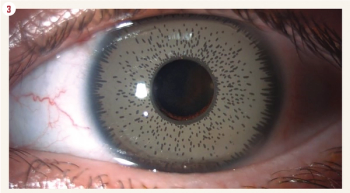
Authors of a retrospective study into complications associated with iris implants advise that the procedure should be considered as malpractice.

An end-of-week review of what happened in ophthalmology from April 9-April 15.

A team of investigators from Pohang University of Science and Technology has found that conjunctival goblet cell examination is important for the precise diagnosis and effective treatment of ocular surface diseases; however, CGC examination has not been possible until now due to lack of non-invasive devices.

A large retrospective analysis was carried out to investigate various risk factors for endophthalmitis as well as the effect of using a hydrogel sealant.
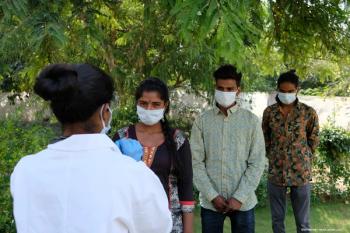
Successful outcomes in rhino-orbital-cerebral mucormycosis depend on awareness of red flag symptoms and signs, prompt diagnosis and early treatment with amphotericin B and surgery as necessary.

Dr Raymond Douglas discusses real-world adherence to teprotumumab as a treatment for thyroid eye disease.
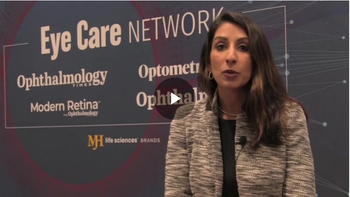
Dr Preeya Gupta walks through her four pearls for successful corneal collagen cross-linking, including handling patient expectations, managing the epithelial cells and preventing infectious keratitis.

The investigators believe that, based on their findings, the impact of COVID-19 on the autonomous nervous system warrants further prospective studies and assessment of pupillary function might be a useful test for determining autonomic dysfunction.
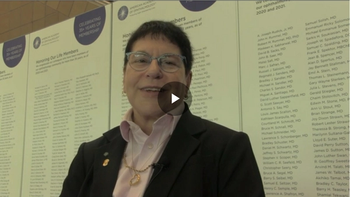
At the 2021 American Academy of Ophthalmology annual meeting, Dr Penny Asbell discussed data from the ARMOR study and its effects on treating ophthalmic infections, such as endophthalmitis.

Underlying autoimmune disease alters uveitis therapy.

A team of investigators from the University of Michigan may have unlocked a potential new recipe for counteracting the impact that COVID-19 has on patients with underlying disease processes such as type 2 diabetes.

The investigators reported the following most prominent cognitive deficits: processing speed, executive functioning, and phonemic fluency among others.

XIPERE, the first therapy utilising the suprachoroidal space, demonstrates rapid efficacy, durable benefit and favourable safety profile.

During the ASRS Annual Scientific Meeting, Dr Sunir Garg reported that the risk of presumed infectious endophthalmitis following administration of anti-VEGF injections does not increase and universal masking may actually decrease the risk of culture-positive endophthalmitis.

At the ASRS 39th Annual Scientific Meeting, Dr Yoshihiro Yonekawa reported that the prevalence of endophthalmitis following MIGS is similar to the prevalence rates of endophthalmitis after other incisional glaucoma surgeries.

Investigators have found that 1 intravitreal injection of an adeno-associated virus encoding an immunosuppressive transgene, either HLA-G or eqIL-10, reduced the clinical and histologic inflammation in a well-established model of autoimmune uveitis.

The U.S. FDA granted orphan drug designation to ADX-2191, methotrexate for intravitreal injection, as treatment for retinitis pigmentosa.
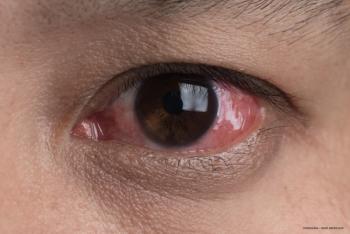
While operating on a patient with chronic uveitis presents some challenges, there are a few pearls that may increase success.
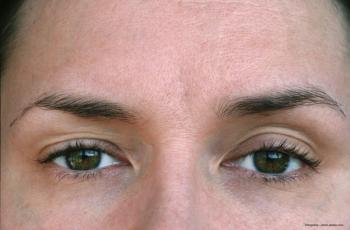
Investigators found that 56.4% of Horner’s syndrome cases resulted from a dangerous cause.

Whilst endophthalmitis following cataract surgery can lead to serious vision outcomes, there are ways of minimising the risk of it occurring whilst also being mindful of the need to prescribe antibiotics in a way that does not worsen antimicrobial resistance.

Dr Christopher Starr discusses key points from his virtual ARVO 2021 presentation regarding dry eye disease flares, including a rapid readout assessment of 10 years' worth of world literature to analyze studies in which the inflammatory disease's condition are categorized.
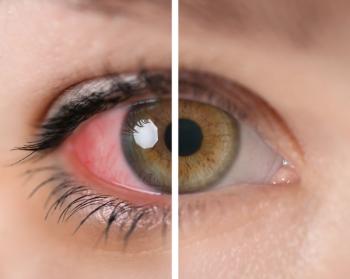
Ophthalmologists are seeking improved treatment options for uveitis as epidemiological studies demonstrate the scope and sight-stealing burden of the disease.

Experience at one ophthalmic practice in Bulgaria demonstrates that new operating procedures, technologies and good management can enable clinics to remain open and operate safely during the COVID-19 pandemic. Ophthalmic training and education should continue to be a priority.